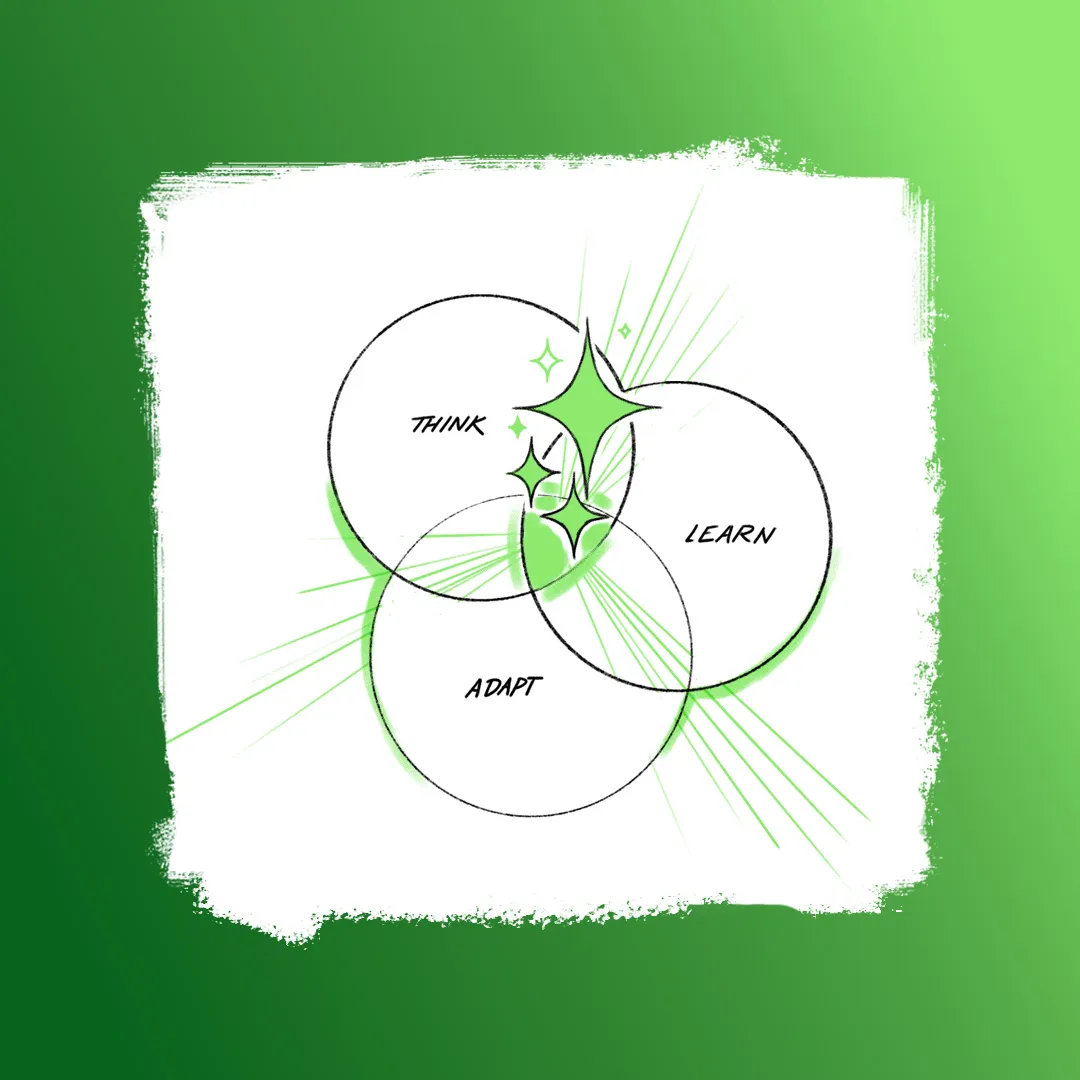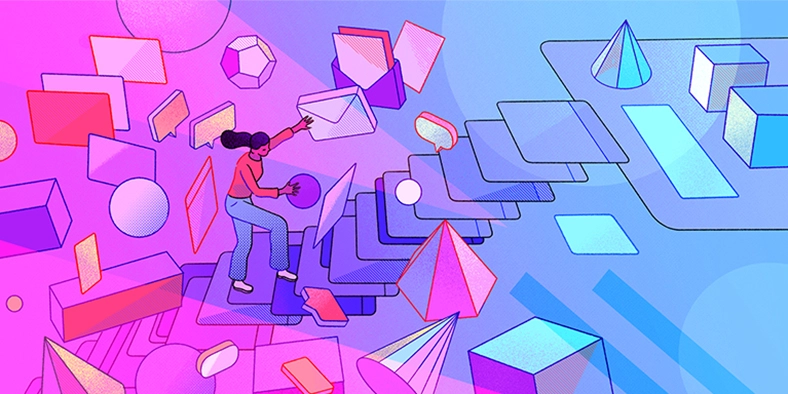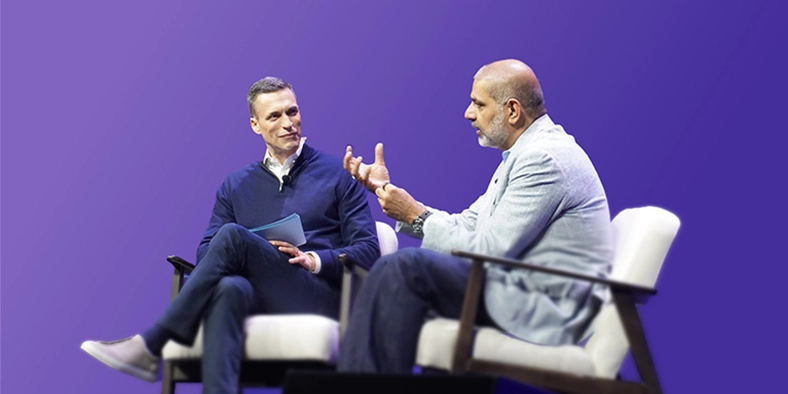My team recently partnered with NYU Stern on a project that challenged MBA students to design Frontier Firms, with AI at their operational core. Watching the final presentations, I was impressed by how well the students used AI to help write code, craft marketing strategies, and model financial scenarios, even when they lacked deep experience or formal backgrounds in those areas.
Then it occurred to me: I was watching the work of “Frontier Employees”—the new and necessary talent for the AI era, whose roles aren’t defined by what they already know but by their capacity to grow and put new skills to work. We’d given them access to the latest AI and agent capabilities with Copilot, empowering them to get work done that would have previously required decades of experience and expertise. But the tools alone don’t explain their success. To leverage AI to achieve what was previously impossible, they’d demonstrated three key skills: They learned to think, learned to learn, and learned to adapt.
I believe these will be the defining skills of the Frontier Employee, and I encourage my own four kids—who range from college years to early in career—to develop them too.
Learn to think
There’s a common misconception that human thinking will be devalued in the AI-driven future. In fact, when AI is abundant and businesses can access intelligence on tap, human thought becomes more essential, not less.
In the AI era, humans will need to demonstrate strong critical thinking skills in two distinct and equally important ways. First, you become AI’s strategist: Frontier Employees curate, critique, and refine AI outputs to ensure accuracy and alignment with business goals. While you can delegate low-stakes, low-impact work to AI, for more meaningful projects, you should treat AI as a thought partner rather than a thought dispenser.
Second, you become AI’s teacher. Your thinking helps make AI better, because smart input from people produces rich data that fuels the technology’s growth and effectiveness. Without this ongoing human input, AI risks stagnation or even decline.
At Stern, the students conceived Frontier Firms in fields from biomedical research to fintech project management. By the end, every student had developed a powerful habit: Before accepting an AI-generated answer, they asked, “What might be missing or off in this response?” before moving forward. That pause—that moment of skepticism—is where critical thinking lives.
Learn to learn
In a world where AI is constantly evolving and changing job roles, a Frontier Employee’s ability to continuously acquire new skills is more important than mastering any single tool or technique. Taking courses alone won’t get you there. It’s about cultivating a mindset of curiosity, experimentation, and resilience, and then translating that mindset to performance. Successful leaders and employees will keep pace with AI’s evolution and understand when to unlearn, or let go of outdated knowledge.
Most of the MBA students didn’t start the project as AI experts. But they ramped up fast. In just a few weeks, they were building entire suites of agents—digital teammates that could run market research, analyze finances, or even simulate conversations with C-suite execs to pressure-test decisions.
In one case, a student with no marketing background became her startup’s CMO. She worked with Copilot to create an end-to-end marketing plan, complete with messaging, web design, and a brand palette, showing how AI can democratize expertise. “Unlearning” the idea that your education or background limits, defines, or uniquely qualifies you for a role presents an existential challenge for many. But those who embrace it will discover near-boundless career opportunities.
Learn to adapt
I’ve spent most of my career working on Microsoft productivity software, and we used to ship a new version every few years. Now, we’re launching new AI capabilities every few weeks. But it’s not only the pace of change that’s accelerating. By its very nature, AI is continuously evolving, and for Frontier Employees that means operating in an environment that requires continuous adaptation.
As the Stern students envisioned startups from the ground up, we urged them to break from familiar workflows and imagine entirely new patterns of collaboration. Historically, all work happened either by yourself or with other humans. In Frontier Firms, you work with and manage agents. That’s a radical adaptation that raised big questions: Which tasks still require human judgment? Where can agents take the lead? And in a team of humans and agents, how does decision-making evolve?
The students entered the MBA program a year ago, when the idea of a Frontier Firm had barely taken off. By the time they gave their final presentations, that idea had gained real momentum and was quickly transforming how new ventures take shape. By designing Frontier Firms from scratch—using AI as the fundamental starting point for reimagining business—these students had to let go of the assumptions they arrived with and adapt to new realities in real-time.
Their success shows us something important about the future of work: the people who thrive will have solid thinking skills as their foundation, the ability to keep learning, and the openness to adjust course, constantly. These are deeply human skills that have always mattered—and always will.
For more insights on AI and the future of work, subscribe to this newsletter.



